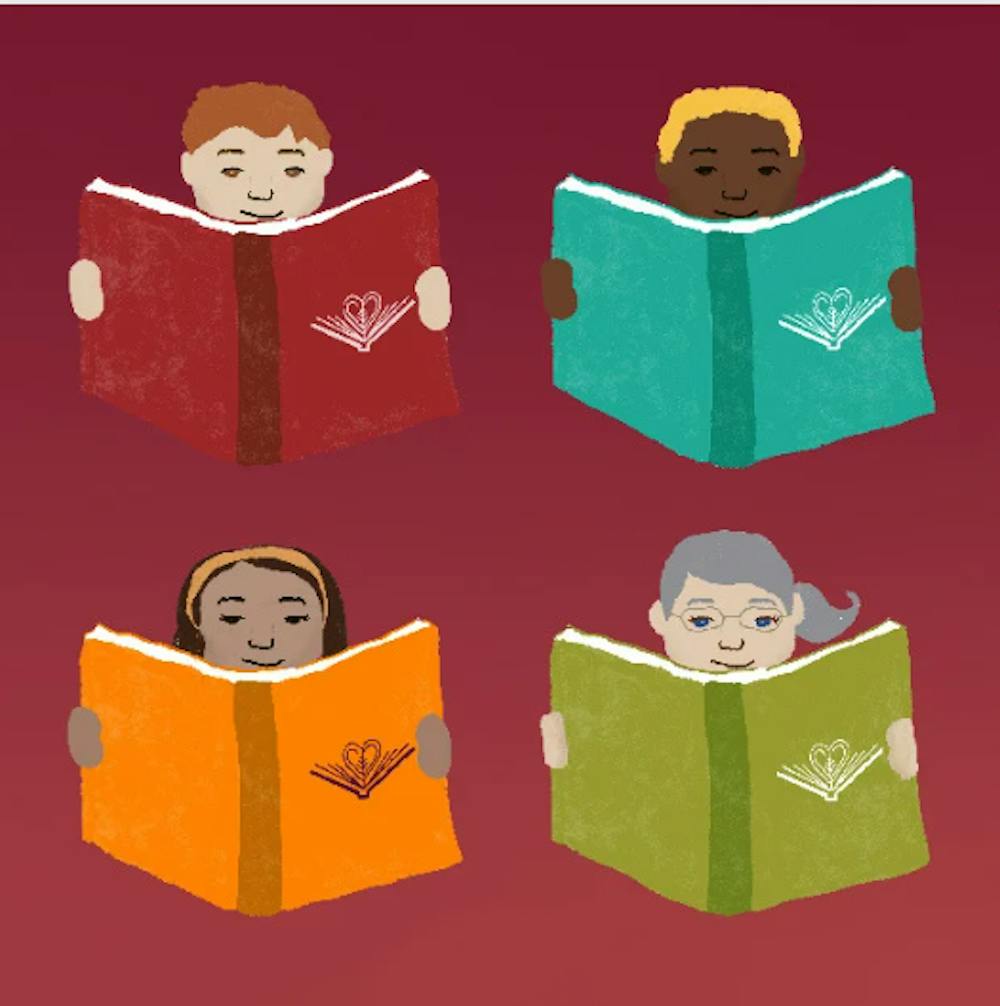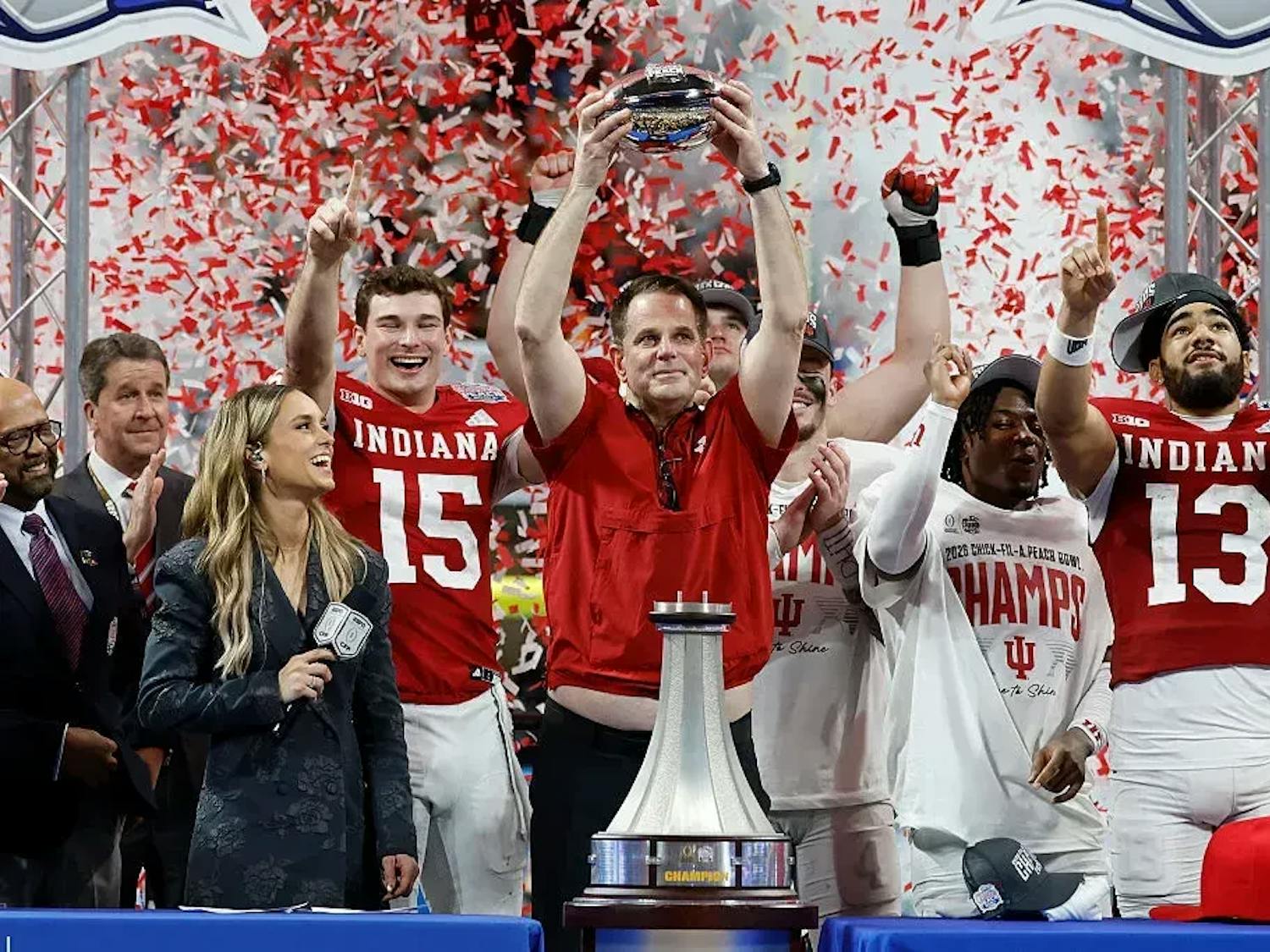It’s the third month of the new year, and if you’re anything like me, one of your resolutions is to read more books. If you’re a lot like me, this was also your resolution last year, but major life events occurred such as starting college, and you failed horribly. However, this is the start of a whole new chapter (pardon the pun), and you’re determined that this will be your year. To aid you in your journey, here are some four and five-star reads that I recommend:
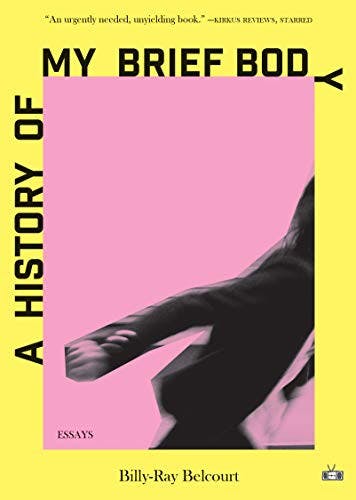
Photo courtesy of goodreads
“A History of My Brief Body” by Billy-Ray Belcourt
“The youngest-ever winner of the Griffin Prize mines his personal history in a brilliant new essay collection seeking to reconcile the world he was born into with the world that could be. Drawing on intimate personal experience, ‘A History of My Brief Body’ is a meditation on grief, joy, love, and sex at the intersection of indigeneity and queerness.”
This series of nonfiction prose essays chronicles Belcourt’s life as a member of the Driftpile Cree Nation in Alberta, Canada. He uses his perspective to talk about colonialism, gender, sexuality, desire, grief and the white capitalist heteropatriarchy we live in. His lyrical writing had me highlighting whole passages that particularly resonated. That said, I felt like his writing was too flowery at times, and a lot of the academic references went over my head, which is something to keep in mind. However, I highly recommend this book if you don’t know much about First Nations groups in Canada; it provides a searing look into Canada’s horrific history, especially regarding residential schools. I feel like Americans have a misconception that Canada is infinitely better than the U.S., but this book is one of many that shows that it’s really not.
QUOTE: “In the museum of political depression, in its tidied halls, books of the sort I want to write are banned, for they are against the world that birthed the writer.”

Graphic by The Campus Citizen.
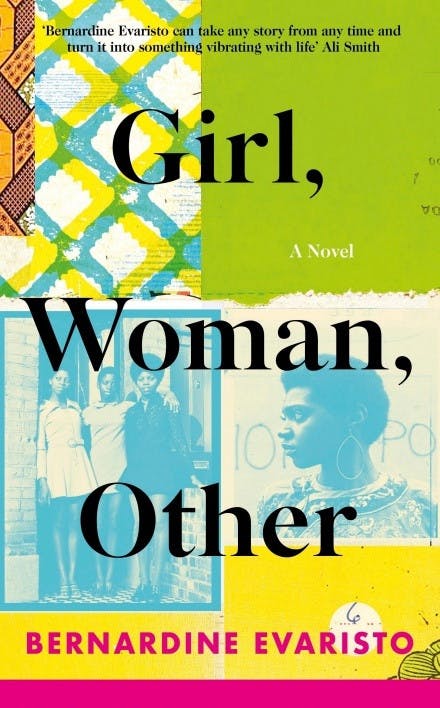
Photo courtesy of goodreads
“Girl, Woman, Other” by Bernardine Evaristo
“This is Britain as you’ve never read it. This is Britain as it has never been told."
“From Newcastle to Cornwall, from the birth of the twentieth century to the teens of the twenty-first, ‘Girl, Woman, Other’ follows a cast of twelve characters on their personal journeys through this country and the last hundred years. They’re each looking for something—a shared past, an unexpected future, a place to call home, somewhere to fit in, a lover, a missed mother, a lost father, even just a touch of hope…”
A sprawling story that follows multiple generations of queer and characters of color, “Girl, Woman, Other” has less of a plot, focusing more on its characters and the changing world around them. Made up of vignettes of these women’s lives, the writing style is slightly experimental with almost no punctuation. This took a while to get used to, but once you become attuned to the rhythm of the words, it feels as if you’re free-falling through the characters’ stream of consciousness monologues. This way of writing creates a strangely intimate atmosphere, and Evaristo manages to capture a sense of each protagonist’s unique voice while maintaining the uniformity of the style. The topic of diversity is a big factor in choosing which books I read, and this was truly diverse, not only in the characters’ race and gender, but in the way they live their lives and the experiences they go through.
QUOTE: “Ageing is nothing to be ashamed of
Especially when the entire race is in it together
Although sometimes it seems that she alone among her friends wants to celebrate getting older
Because it’s such a privilege to not die prematurely”

Graphic by The Campus Citizen.
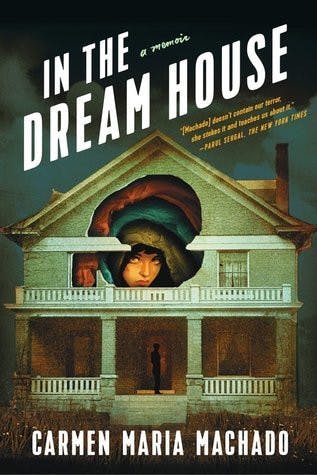
Photo courtesy of goodreads
“In the Dream House” by Carmen Maria Machado
“‘In the Dream House’ is Carmen Maria Machado’s engrossing and wildly innovative account of a relationship gone bad, and a bold dissection of the mechanisms and cultural representations of psychological abuse. Tracing the full arc of a harrowing relationship with a charismatic but volatile woman, Machado struggles to make sense of how what happened to her shaped the person she was becoming, […] unpacks the stereotype of lesbian relationships as safe and utopian, and widens the view with essayistic explorations of the history and reality of abuse in queer relationships.”
Written in the second person (which is a criminally underused point of view), Machado seamlessly interweaves her captivating, emotional and rhythmic style of storytelling with a historical look at abusive queer relationships. It’s hard-hitting and represents the reality of emotional abuse and learning that your loved one is not who you think they are. As much as Machado insists that abusive relationships are so commonplace they’ve become cliche and trope-y, they simultaneously remain misunderstood and under-prosecuted. As familiar as we are with the trope, those who experience abuse are still often not believed. Folks still struggle to create, identify and maintain healthy relationships. In this context, Machado’s memoir is not only a beautiful, honest and brave story of her own lived experience, but also a well-researched and demystifying examination of abuse within the context of queer love. It’s devastating and beautiful.
QUOTE: “We can’t stop living. Which means we have to live, which means we are alive, which means we are humans and we are human. […] And it sounds terrible but it is, in fact, freeing: the idea that queer does not equal good or pure or right. […] So bring on the queer villains, the queer heroes, the queer sidekicks and secondary characters and protagonists and extras. They can be a complete cast unto themselves. Let them have agency, and then let them go.”

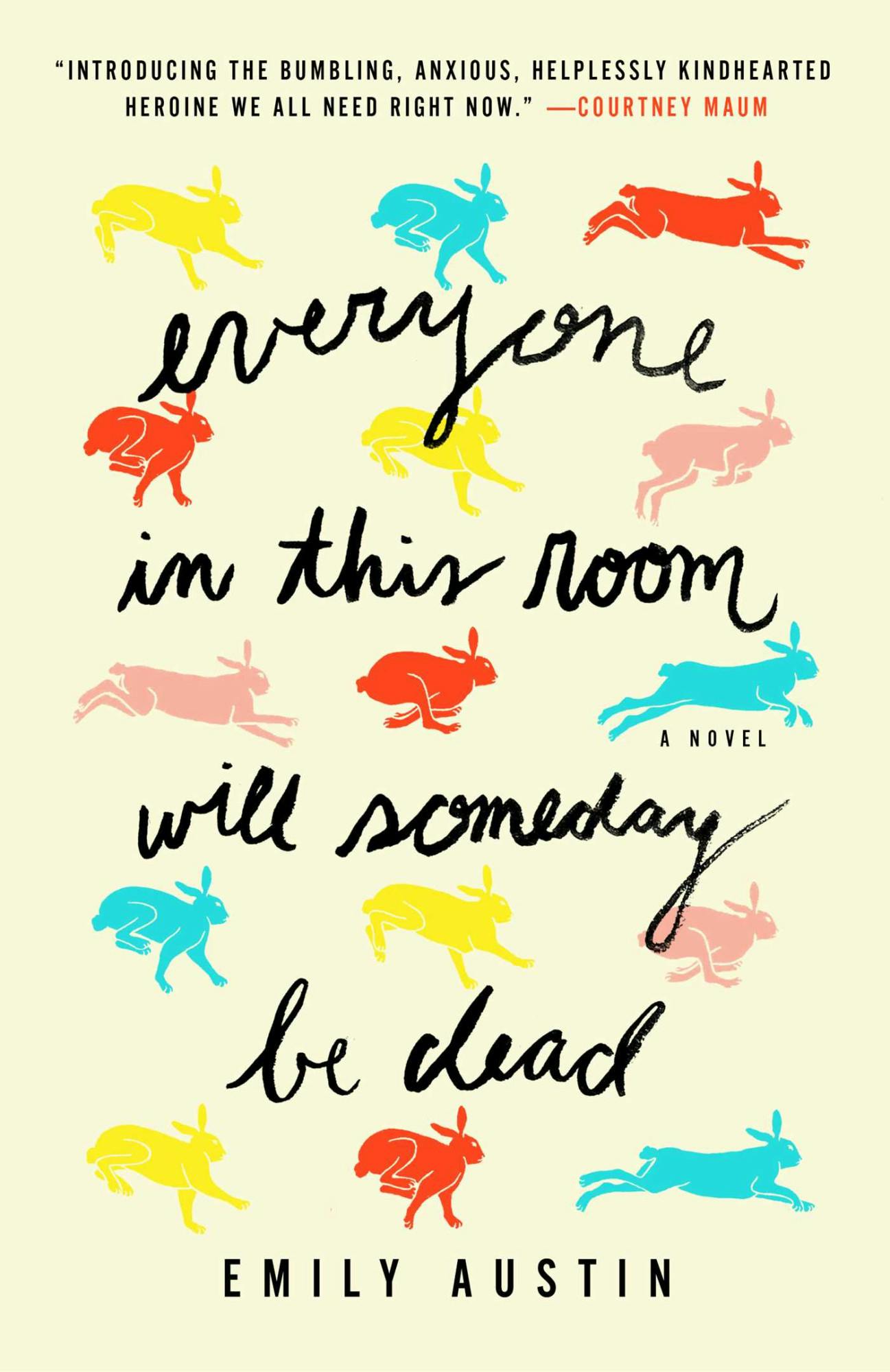
Photo courtesy of goodreads
“Everyone in This Room Will Someday Be Dead” by Emily Austin
“A delightful blend of warmth, deadpan humor, and pitch-perfect observations about the human condition, ‘Everyone in This Room Will Someday Be Dead’ is a crackling exploration of what it takes to stay afloat in a world where your expiration—and the expiration of those you love—is the only certainty.”
If you’ve ever wondered what it would be like for a lesbian to get a job as a receptionist for the Catholic church, this is the book for you! Austin does a fantastic job at creating a sympathetic main character and developing her personality, dialogue and thoughts. The reader feels all the anxiety and existential dread the main character experiences, as well as the expectations of having to go to work and manage your familial, platonic and romantic relationships. Told in short, snappy vignettes with several flashbacks to prior events, this book also offers insight into someone struggling with mental illness and loneliness through a lens of dark humor.
QUOTE: “I find it so bizarre that I occupy space, and that I am seen by other people. I feel like I am falling through space and Eleanor just threw me a rose. It’s such a sweet, pointless gesture. It would be less devastating to fall through space alone, without someone else falling next to me. Whenever someone does something nice for me, I feel intensely aware of how strange and sad it is to know someone.”

Graphic by The Campus Citizen.
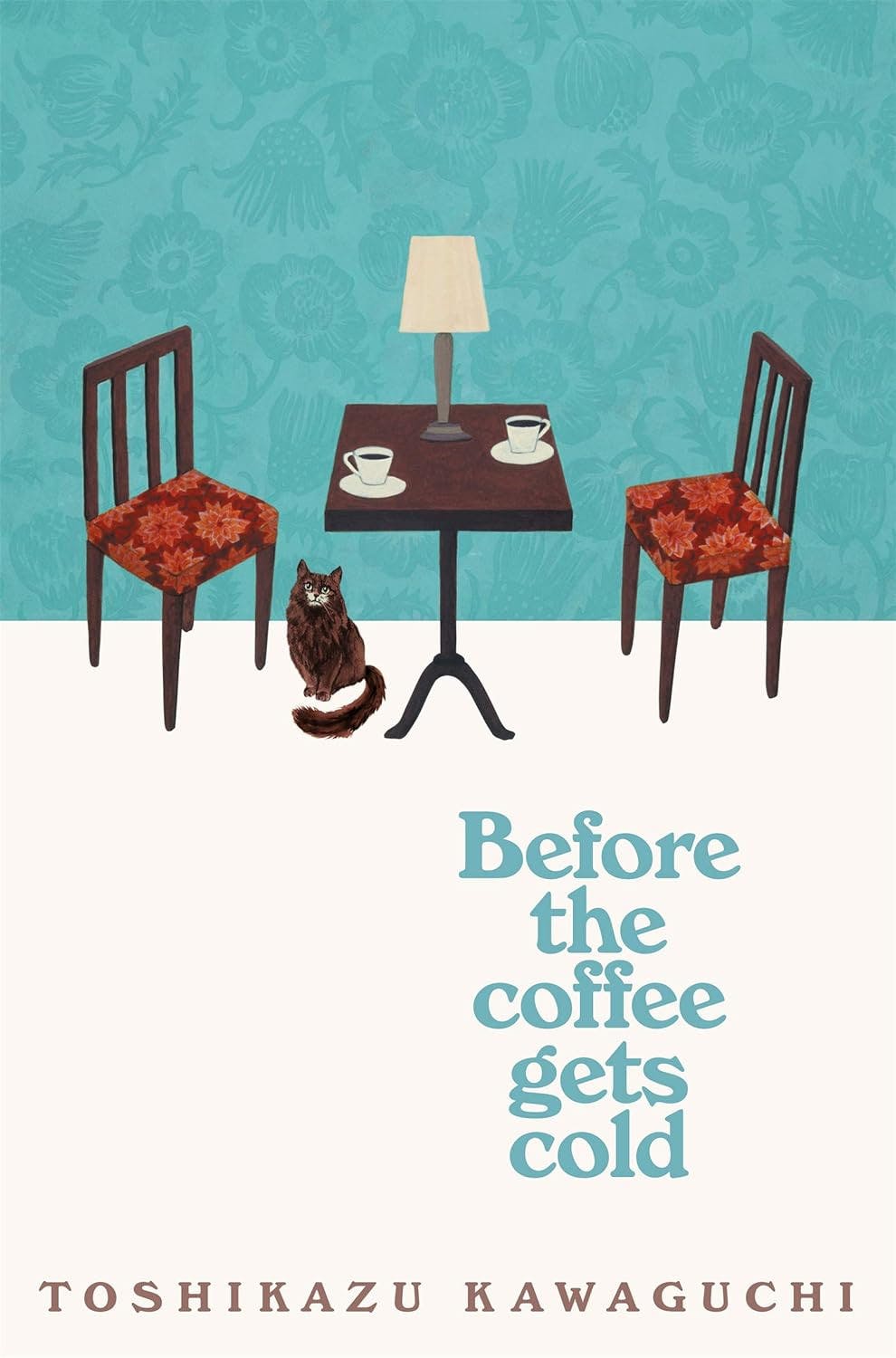
Photo courtesy of goodreads
“Before the Coffee Gets Cold” by Toshikazu Kawaguchi, translated by Geoffrey Trousselot
“In a small back alley in Tokyo, there is a café which has been serving carefully brewed coffee for more than one hundred years. But this coffee shop offers its customers a unique experience: the chance to travel back in time. […] But the journey into the past does not come without risks: customers must sit in a particular seat, they cannot leave the café, and finally, they must return to the present before the coffee gets cold…”
By weaving together four different stories of characters who have their individual lives yet perfectly complement one another, this book asks: If you were given the opportunity to visit the past, even if nothing about your present can change, would you? The first book in a series, "Before the Coffee Gets Cold” is a beautifully written novel happening inside a retro café where time travel is possible. An extremely emotional and sweet book, Kawaguchi takes the reader through some heavy topics, but ultimately wraps them up in a beautiful and thoughtful way. It is extremely cozy and bingeable.
QUOTE: “Water flows from high places to low places. That is the nature of gravity. Emotions also seem to act according to gravity. When in the presence of someone with whom you have a bond, and to whom you have entrusted your feelings, it is hard to lie and get away with it. The truth just wants to come flowing out. This is especially the case when you are trying to hide your sadness or vulnerability. It is much easier to conceal sadness from a stranger, or from someone you don’t trust.”

Graphic by The Campus Citizen.
Hopefully, at least one of these books listed here has piqued your interest, and I wish you well on your reading journey. We’re in this together.

